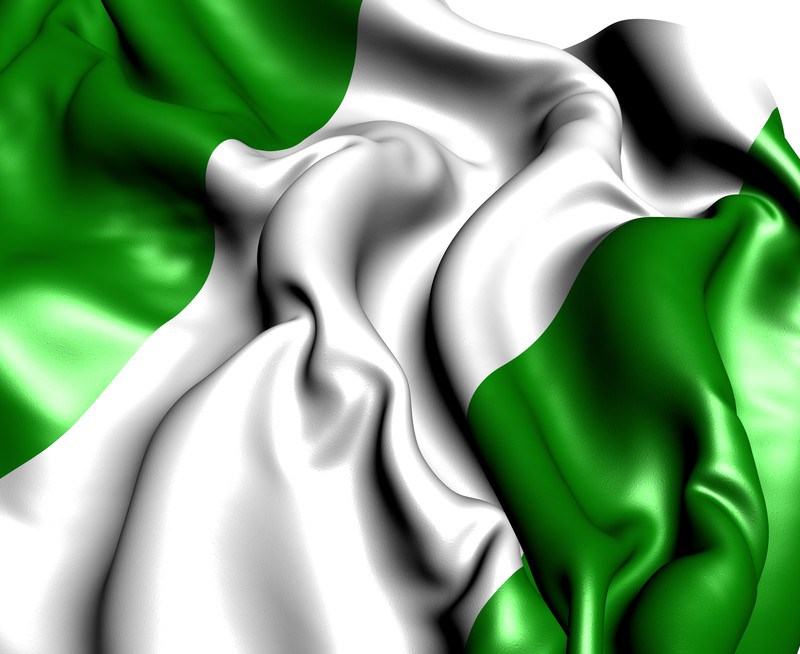
Being slightly under the weather lately, my chance encounter with a compatriot with zero knowledge of anything about Nigeria after Gowon was therapeutic.
If you are a Nigerian in the diaspora, engaged daily with Nigeria and her wahala, and health challenges force a short hiatus on you, pray you encounter a compatriot who left Nigeria in the 1970s – preferably before 1975 – and has cut off completely from Nigeriana ever since.
It is not that they will not complain about Nigeria – complaining about Nigeria is a genetic prerequisite of that nationality – it is just that their ‘most current’ current affairs is from 1974 and earlier.
“Ah, Mobolaji Johnson was doing a lot of nonsense as governor of Lagos. I even remember a pot hole somewhere in Obalende. It took them nearly a week to fix it. Shior.”
“In fact, there was a time Water Corporation took water in Yaba for nearly two hours without explanation. Just imagine! A whole two hours without running water from the taps. I nearly died that day. That may have been the day I decided to leave that yeye country. Shior.”
Because he has little or no reference to power cuts, he will also remember “a light bulb that died in one government office and it took several hours to replace it. Just imagine? Shior”
He will sip from his beer mug, eat a chicken wing, and return to his animated discussion of how bad things had become in the only version of Nigeria he had – the Nigeria of the 60s and 70s – before he left. You will be nodding appropriately and agreeing with “Uncle” that what he is describing is horrible and intolerable.
“Ah, Pius, I tell you, things were bad. Even when you stepped out of Bobby Benson’s hotel or the shrine, I remember being harassed by one or two beggars and had to give them sisi each” (Uncle has no reference to area boys or police asking him to roger. He has no reference to the social phenomenon of every Nigerian greeting, over-greeting, hyper-greeting and tuale-ing him aggressively in the hope of roger so you have to agree with him that his one memory of being approached by two beggars in Lagos is also evidence of hell.)
More beer. More chicken wings.
If it was possible, I would gladly take his “hell” of the 60s and 70s and hand over to him Nigeria’s present, that is Nigeria as currently run by his contemporaries and juniors.
“Ah, Gowon! That one spent nearly two thousand naira on his state wedding. Nonsense.”
“They even nearly removed Planta and jam and Horlicks and cornflakes from our buffet breakfast in the cafeteria of UNILAG. Just imagine. Opelope aluta!”
This is the point where you agree vigorously with Uncle that he was right to leave. He is right to have religiously cut out news from such a terrible place in the last 40 years.
London is the world headquarters of such disconnected Nigerian Uncles. They have them aplenty in London. Awon Baba London. Sartorial in their late 60s and 70s. Walking stick. Swagger. Blissfully cut off from anything Nigeria after the mid-1970s. They wield the only version of Nigeria they have authoritatively like a staff of office, often speaking in the present tense.
They have them too in the United States. On occasion, I encounter them in Canada.
They say humour is the best medicine. There can be no better medication than a social encounter with a Nigerian whose worst version of Nigeria is one pot hole on a Lagos road in 1973 or the near removal of jam from his breakfast menu in the University cafeteria.
Being slightly under the weather lately, my chance encounter with a compatriot with zero knowledge of anything about Nigeria after Gowon was therapeutic.
If it was possible, I would gladly take his “hell” of the 60s and 70s and hand over to him Nigeria’s present, that is Nigeria as currently run by his contemporaries and juniors.
Pius Adesanmi, a professor of English, is Director of the Institute of African Studies, Carleton University, Canada.
END

A professor of English in the Institute of African Studies, who mixes three languages; English, Pidgin and Yoruba in his writings. An interesting academic.
A professor of English in the Institute of African Studies. I don’t get this at all.